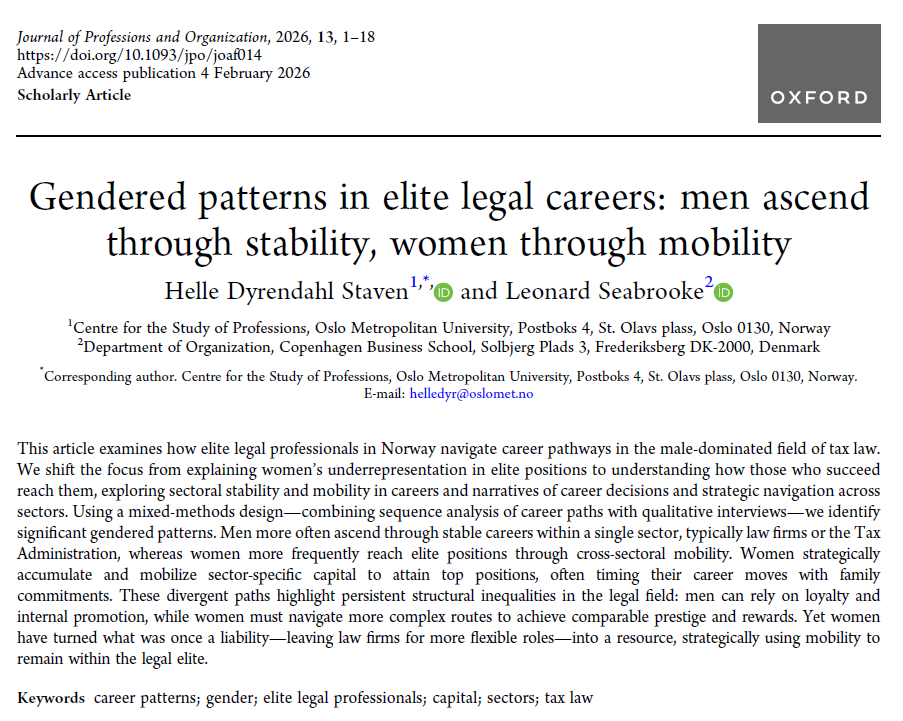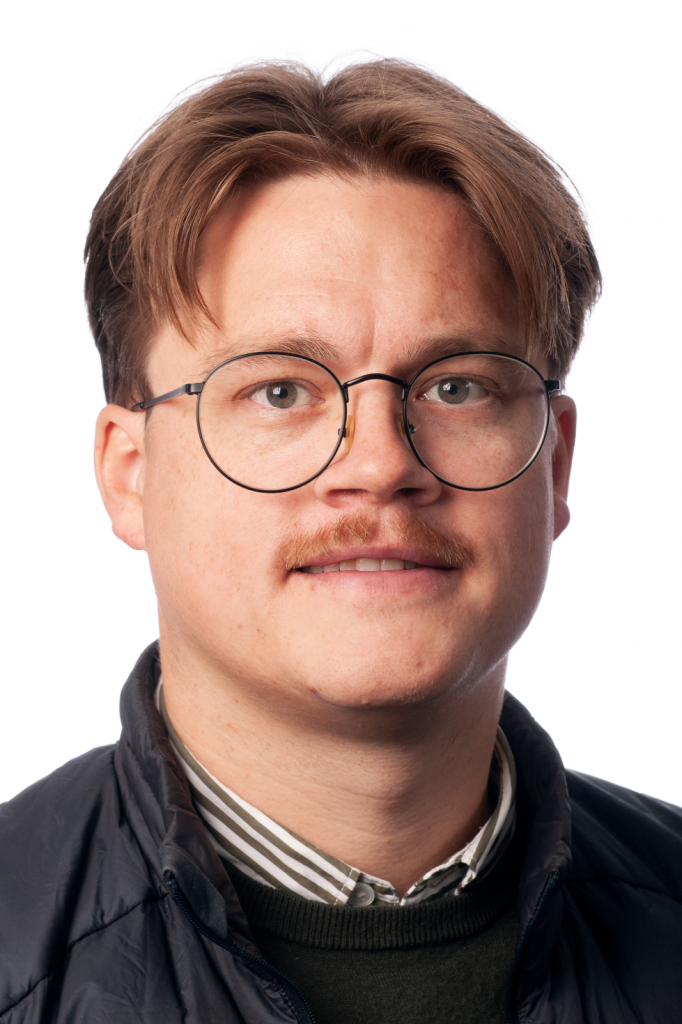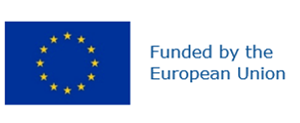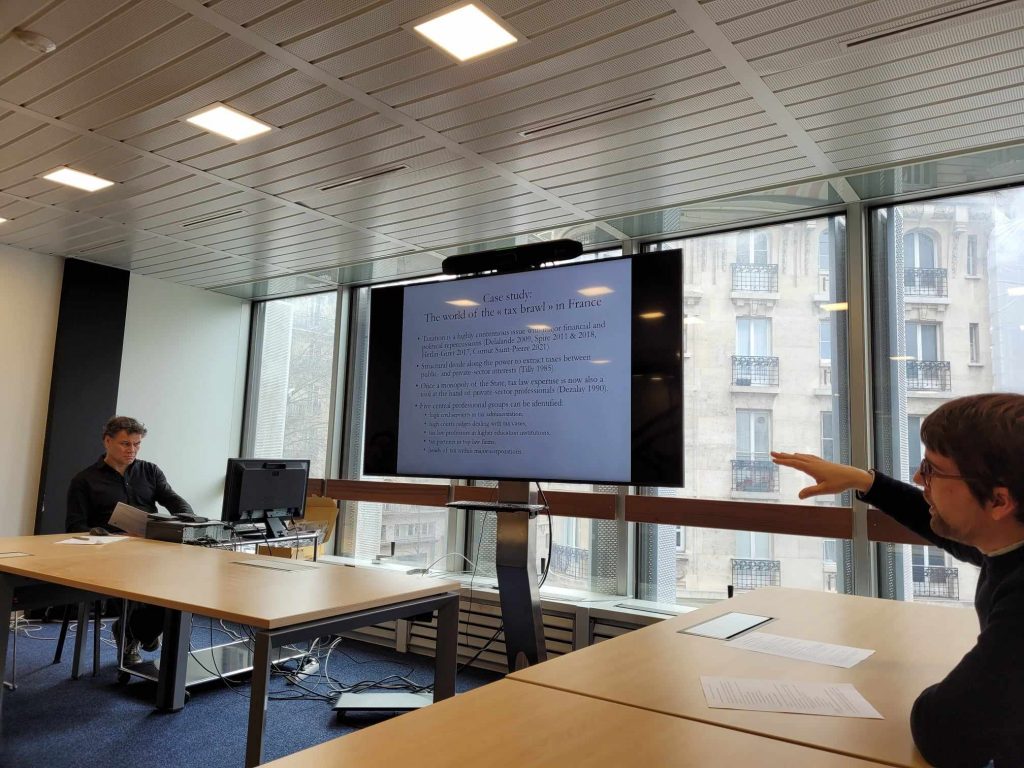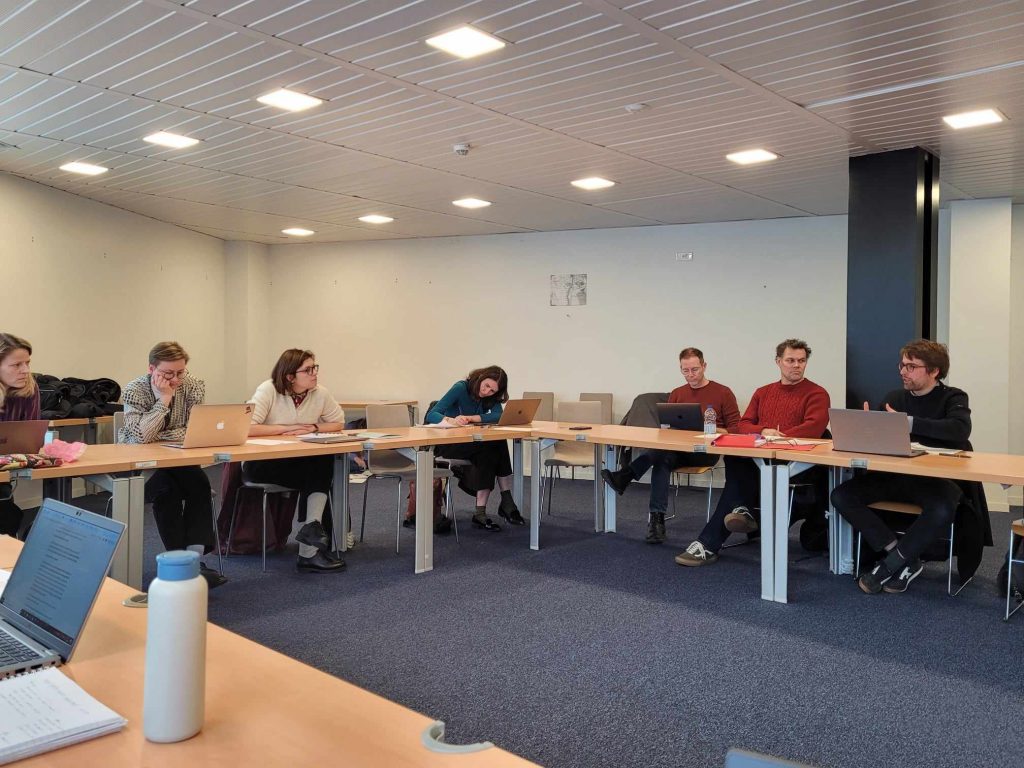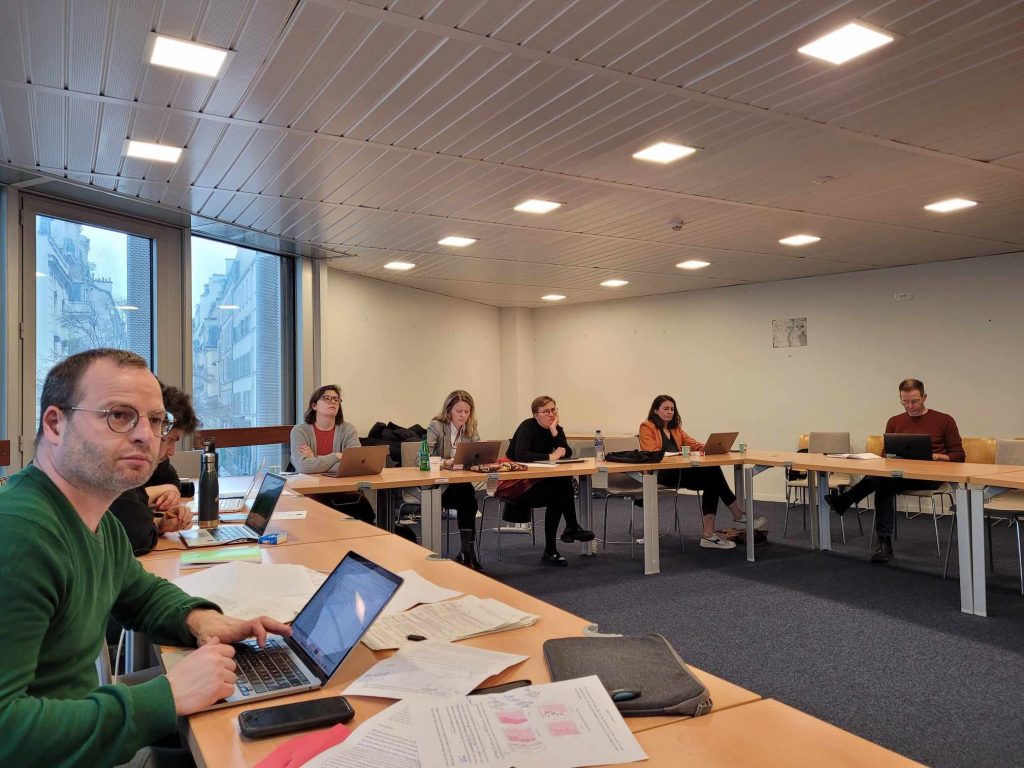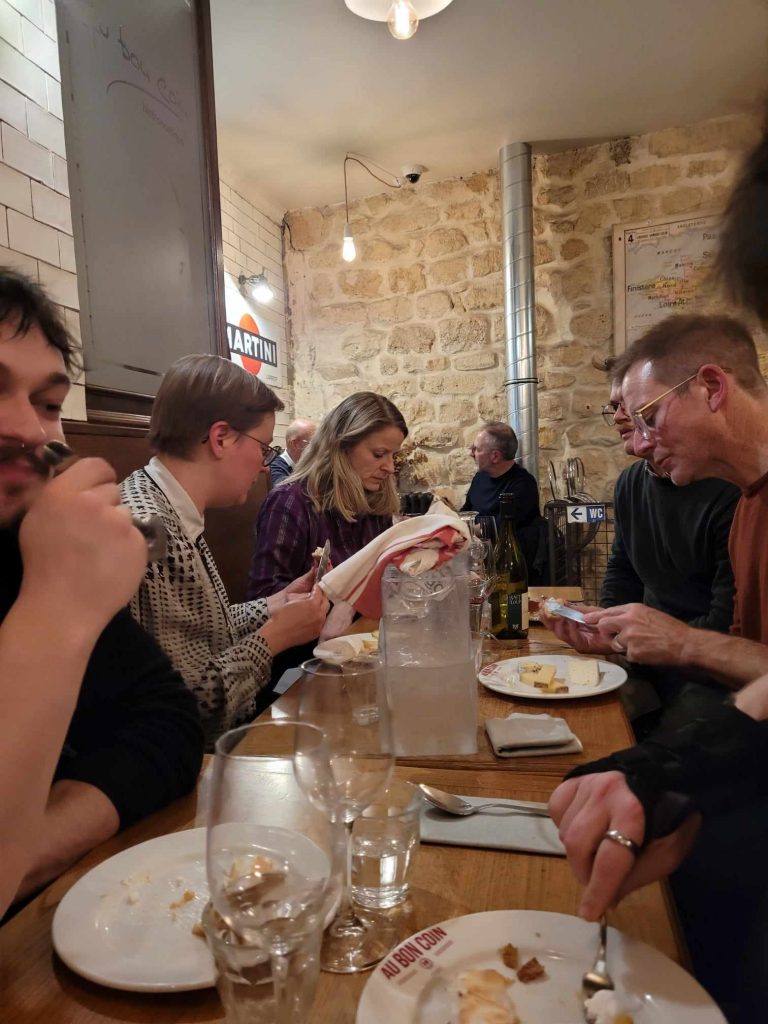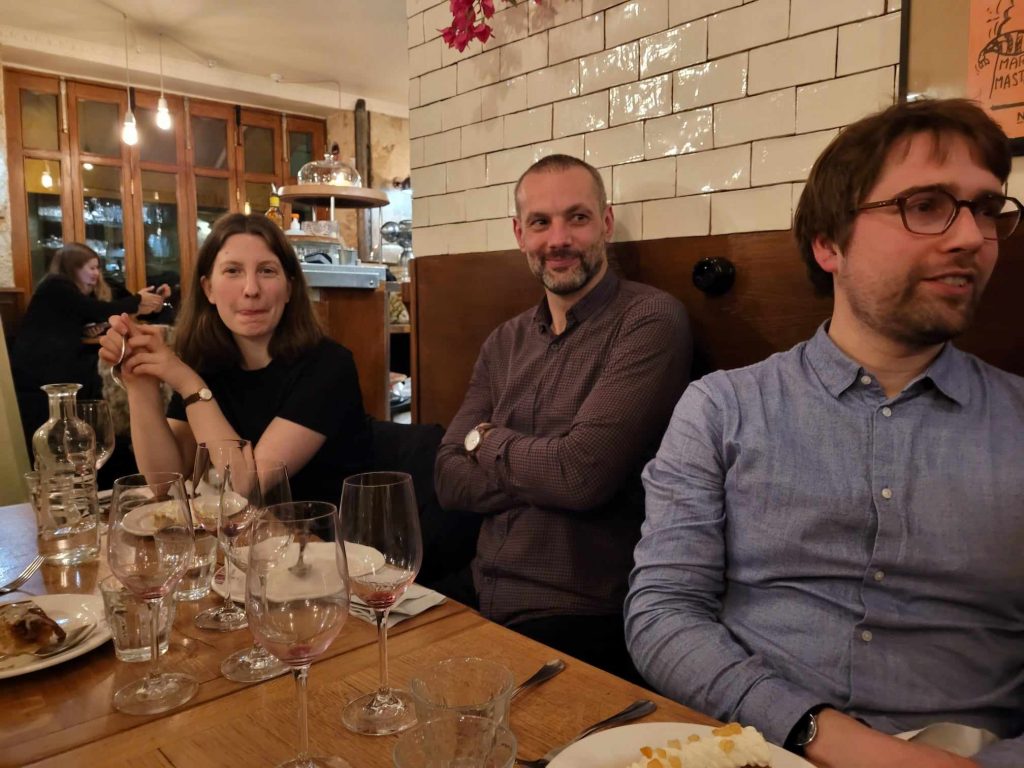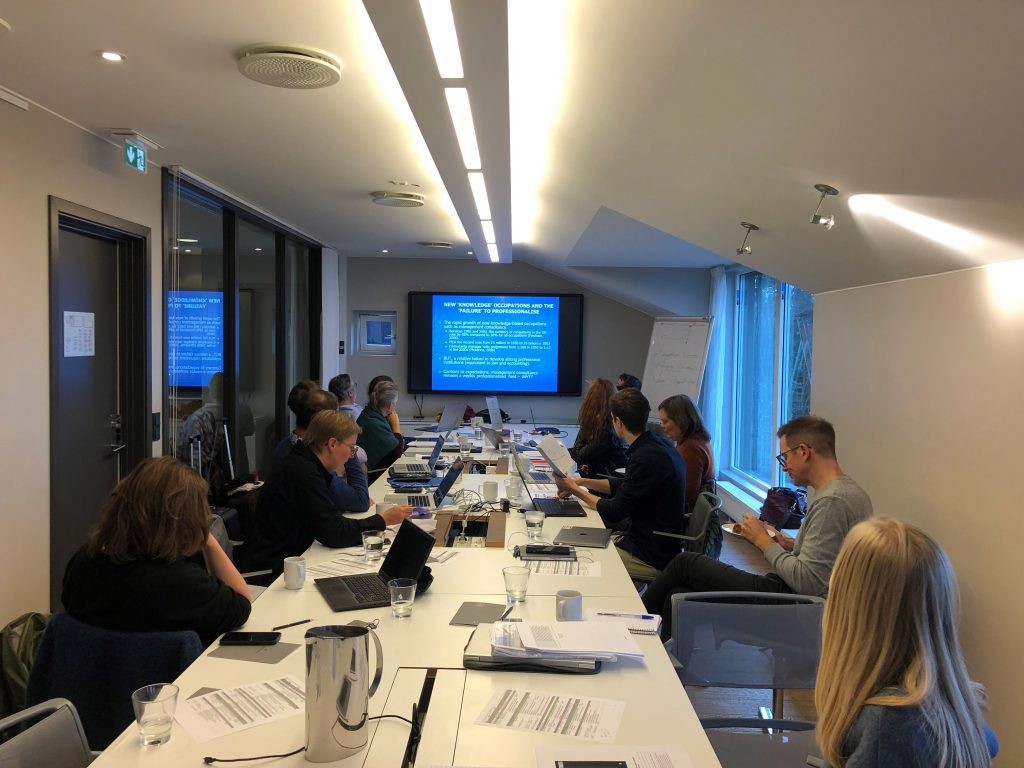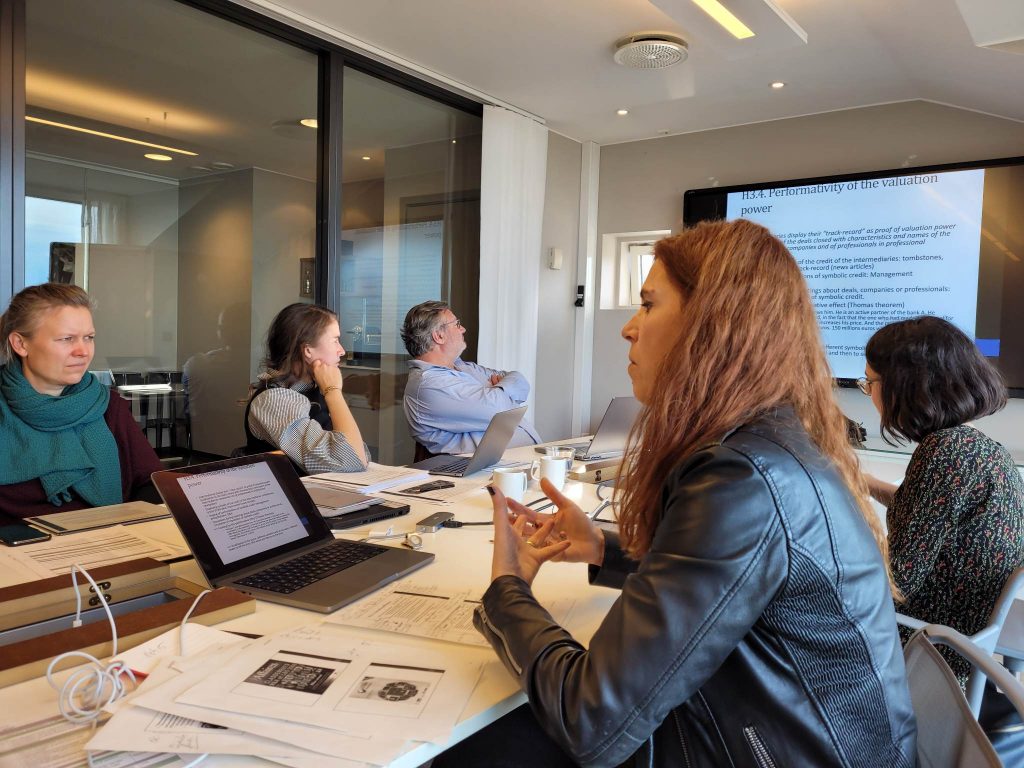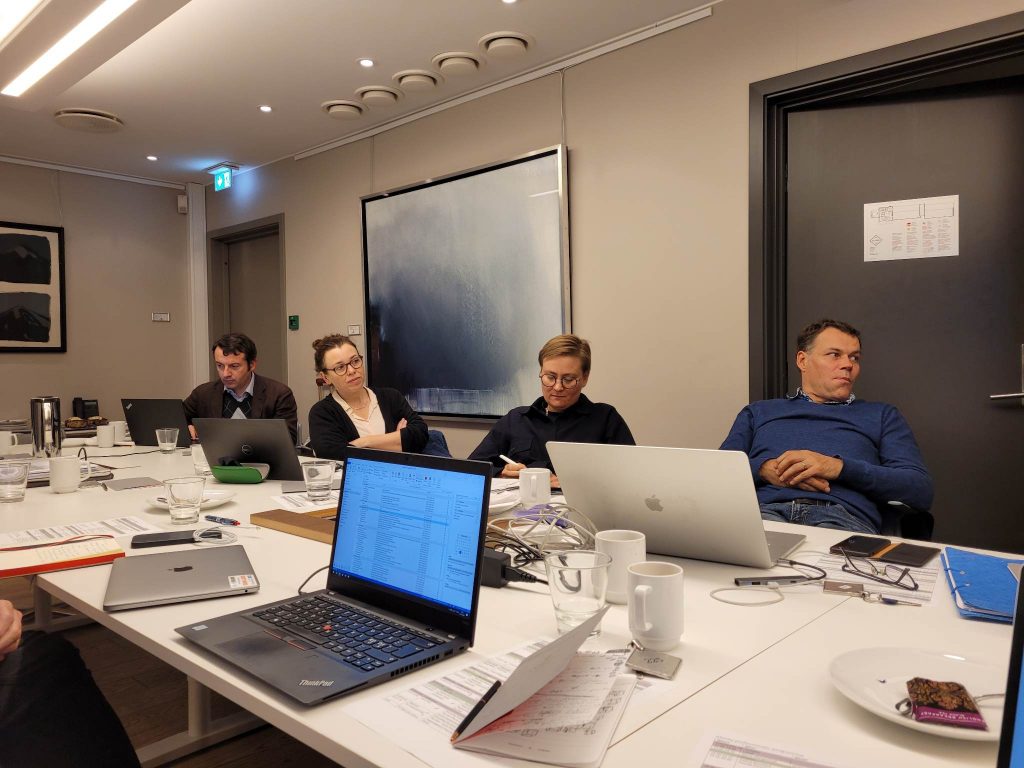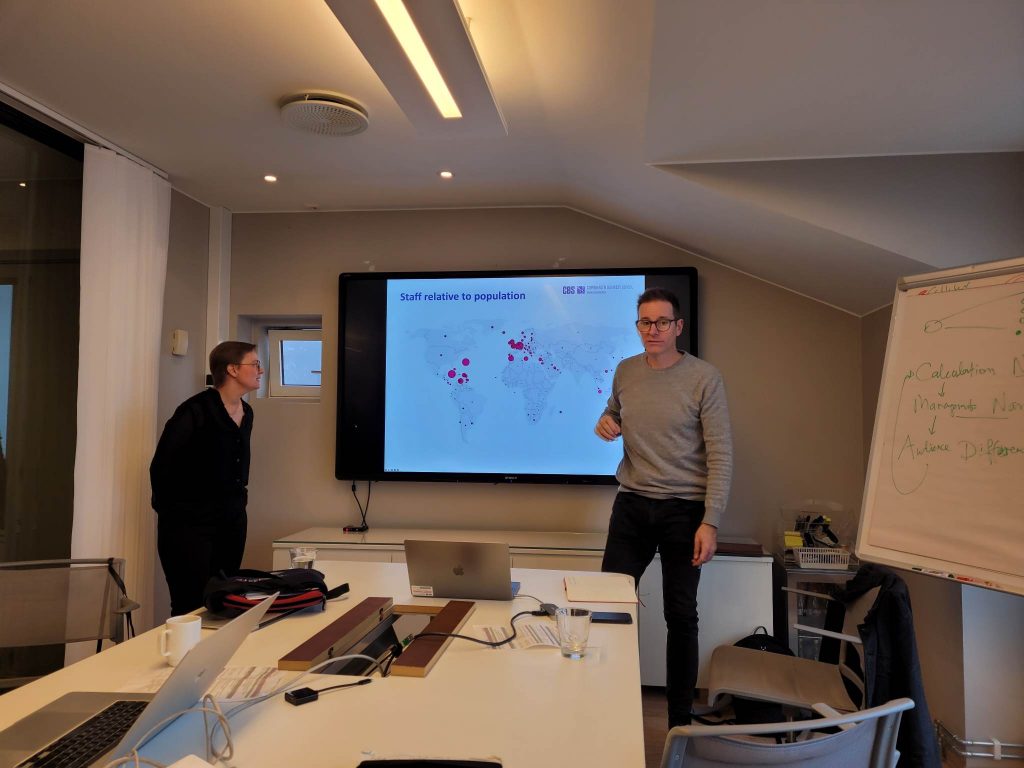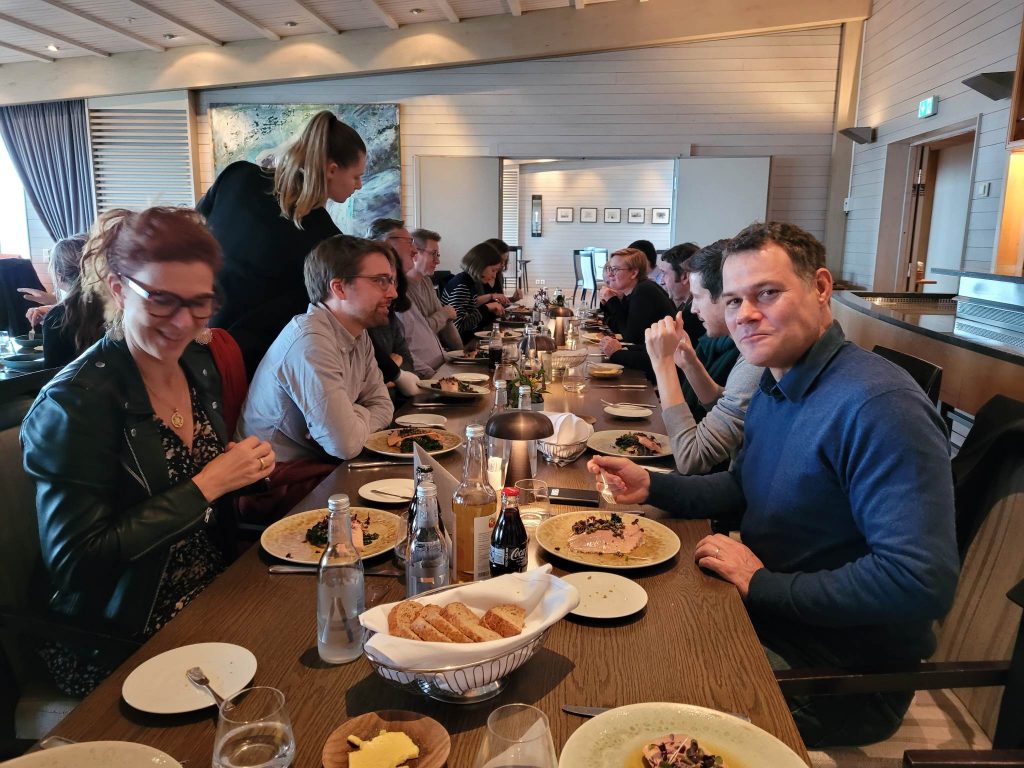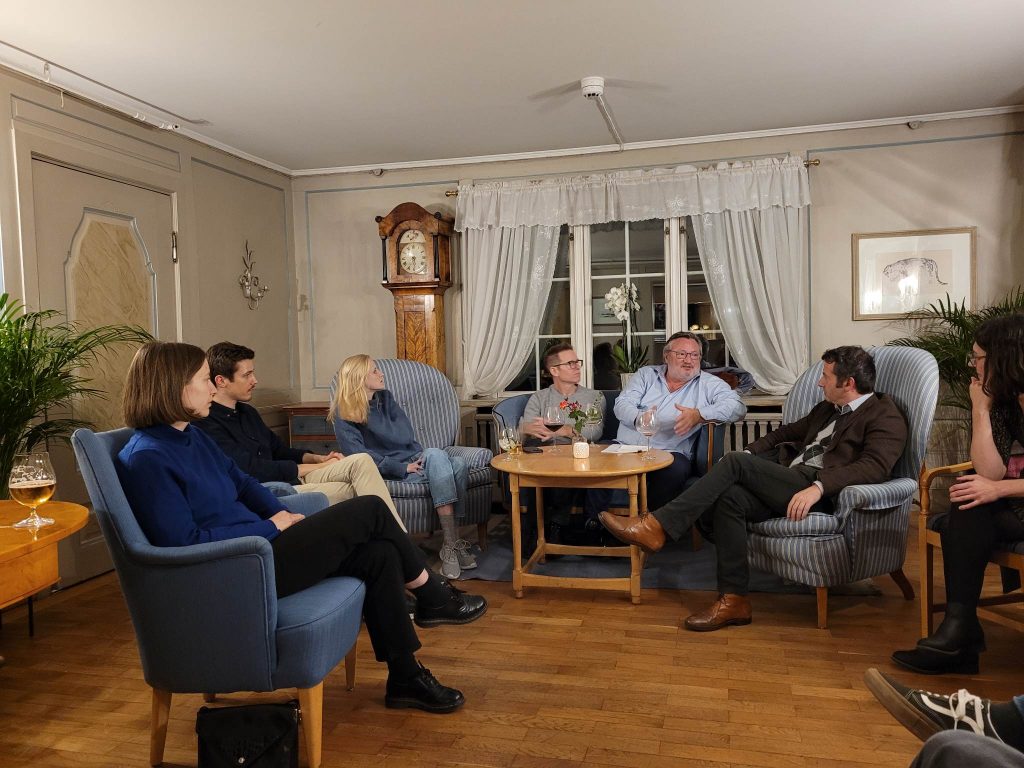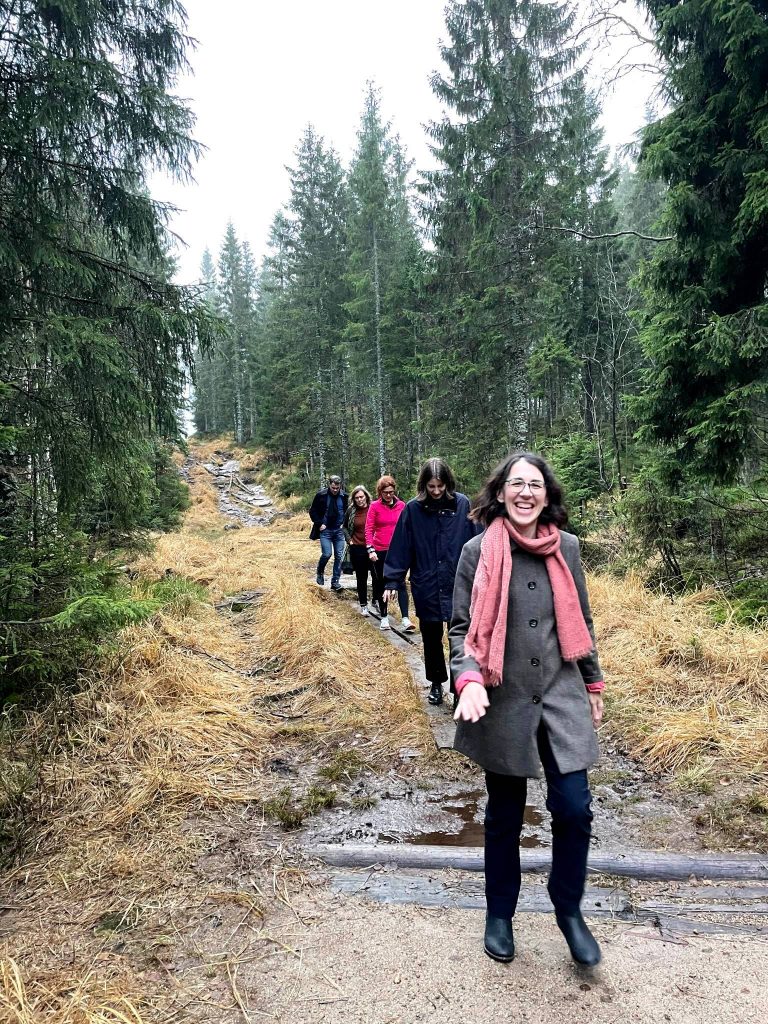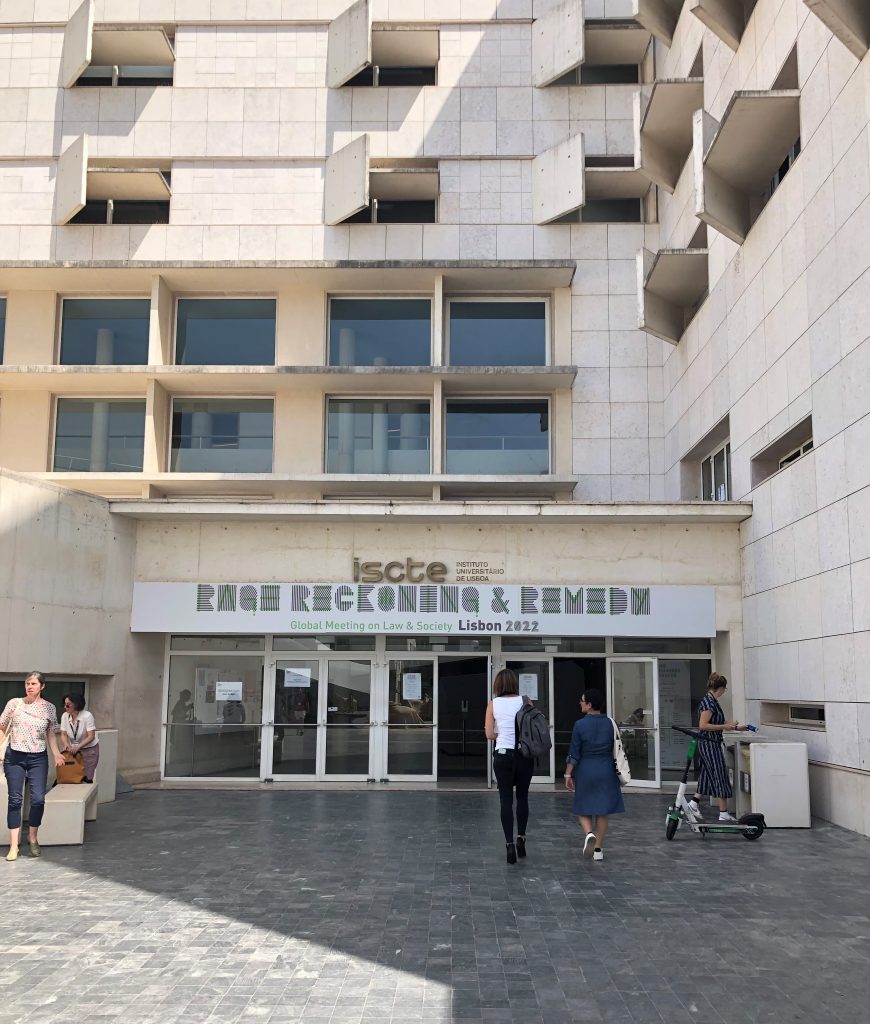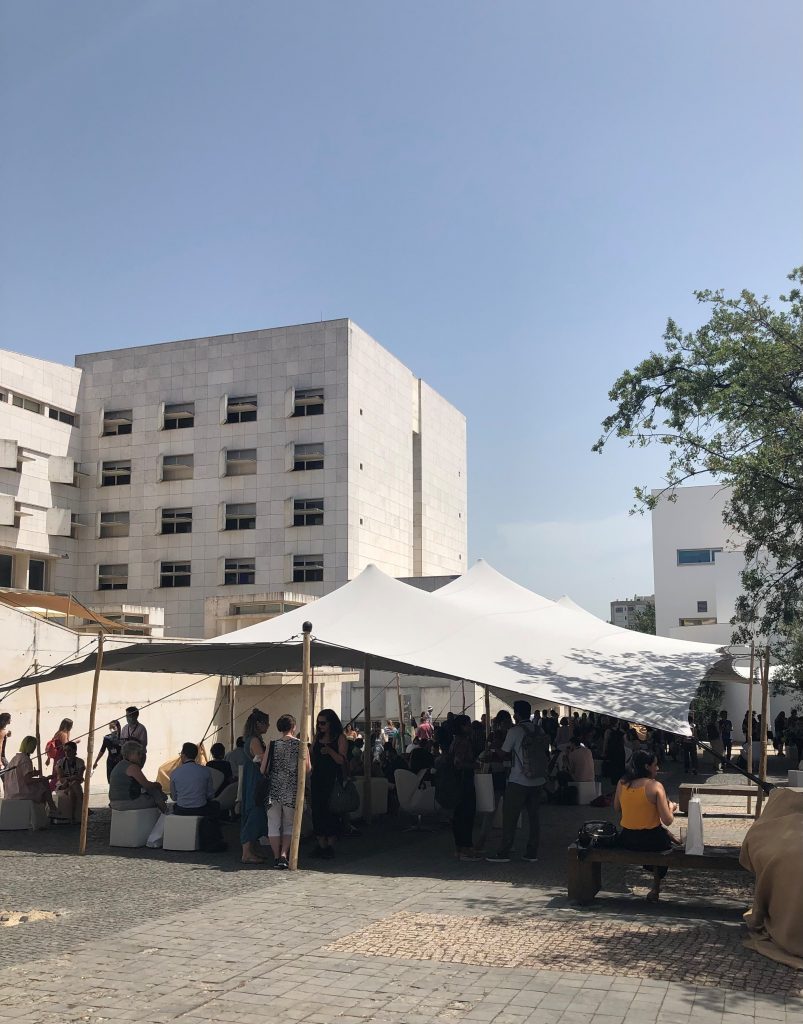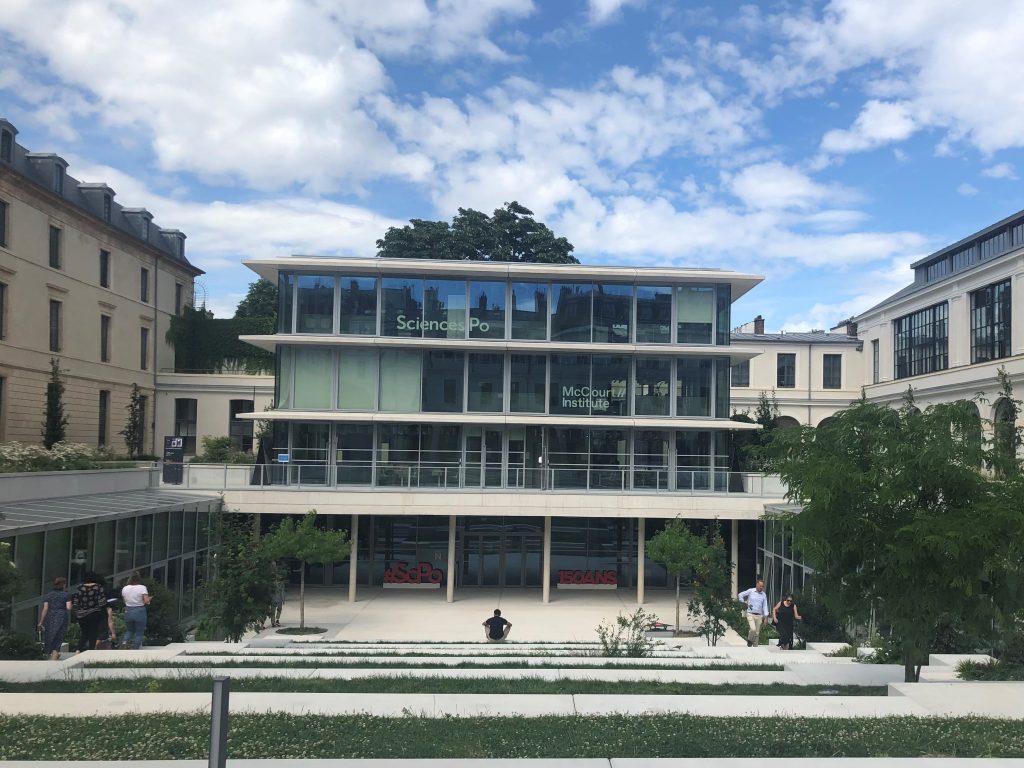Money professionals: How professionals in economics, finance, tax, and law gain and practice expertise and authority.
Economic power continues to transform our societies in new ways, and professional groups seek authority in the competition for control over ‘money’ in the form of credit, finance, investment, tax, and legal-economic relations. Economists, business lawyers, tax consultants, fund managers and finance managers may all be considered money professionals mobilising expertise and organisational resources to gain authority and influence distribution of resources. Their relationships underpin who is permitted access to money in the form of credit and debt (Simmel, 1978; Muldrew, 1998; Ingham, 2004). There are a range of researchers interested in these money professionals although they work in research streams and are often not aware of each other. There are researchers within economic sociology, the sociology of professions, sociology of expertise, sociology of law, sociology of money, sociology of the state—as well as researchers in political economy or public administration—that study professional groups working with ‘money’. These scholars may use quantitative or qualitative approaches of various sorts, different theoretical approaches, but have in common an interest in understanding how such money professionals operate, how they interact with or distinguish from other professional groups, what kind of authority they mobilise, or the ways in which they exert power in society.
With this JPO special issue, we wish to foster a dialogue across sub-fields, as well as across methodological and theoretical approaches, to get betters insight into the role and power of professionals or experts working with ‘money’, broadly conceived. We consider a variety of approaches to money professionals as a fruitful ground for questioning and developing theories of professions and organizations, especially given challenges like rising global and workplace inequalities (Ashley et al., 2023). By calling for contributions from researchers from such a diversity of backgrounds, we seek a better understanding of questions such as:
- What are the sources of authority that allows money professionals to exert influence and control?
- How do jurisdictional struggles play out among those working with money?
- How do professional logics play out in internationalised or transnationalized areas such as finance, business law, wealth management or tax counselling?
- To what extent do we need to develop theories of professions to grasp the struggles over influence and privilege in these areas?
- What is the role of national professional institutions and organizations in a globalised economy?
- What can studies of professionals working with money teach us about the relationship between public and private sector, or between political and economic power?
Whereas studies of expertise, in particular within the field of political science, have often focused on the role of experts in the state apparatus and the shaping and implementation of policies, recent work in the sociology of professions and economic sociology has shed new light on the role of new types of experts within finance (Benquet et al., 2020; Boussard, 2018; Siebert et al., 2020). New light has been shed on professionals or experts operating in international arenas and thus challenging traditional forms of organisation and power exertion (Seabrooke, 2014; Harrington, 2015; Harrington and Seabrooke, 2020), as well as the role of global professional service firms in coordinating both ‘internal’ professional and ‘external’ geopolitical interests (Whittle et al., 2016; Boussebaa and Faulconbridge, 2019; Taminiau et al., 2019; Christensen and Seabrooke, 2022).
Furthermore, whereas some research networks focus on legal professionals and the specificities of their organisations and practices, other networks focus on the role of economists in public administration (Angeletti, 2021; Christensen and Mandelkern, 2022; Fourcade, 2009), as well as other forms of expertise that yield authority in the state apparatus (Mangset, 2015; Mangset and Asdal, 2019). In the world of money, things often change quickly: new products appear, and new groups of professionals or experts compete to be perceived as the legitimate managers of those products (St-Pierre, 2019); professionals compete to capture both clients and regulators (Dinovitzer et al., 2014); new relationships between the public and the private sector (Angeletti and Lemoine, 2021; Vauchez and France, 2021); and new needs for regulation and control are identified. Understanding new legal tools, rising groups of legal professionals and new entanglements of legal and economic expertise are also key to understanding power relations in contemporary societies (Dezalay and Garth, 2016; Pistor, 2019; Avril, 2020; Haagensen, 2023). New occupations, new possibilities to influence administrative and political practices are revealed.
The world of money professionals poses new questions on how to delimit professional groups and forms of expertise, not only due to some of these groups’ supranational fields of practice. Such questions are key to the sociology of professions, be it inspired by functionalism, interactionism, neo-Weberian, Marxist, or those focusing on jurisdictional competition and ‘linked ecologies’ (Abbott, 1988; Abbott, 2005; Fourcade and Khurana, 2013; Seabrooke and Tsingou, 2015). As these professional groups’ areas of practice, their competences, the relevant educational paths are often difficult to delimitate, they offer a good case to reflect on how a professional group constructs itself, develop and maintain their place in a broader landscape, and on whether the analytical tools that we already have are sufficient to understand them (for notable exceptions see, among others, Ellersgaard et al., 2013; Kipping et al., 2019; Bühlmann et al., 2023). For example, we may ask: do money professionals share knowledge, practice, authority, responsibility, or influences that could contribute to constitute something like a professional community across countries? What can we learn from national professional projects that deviate from transnational trends? (Maestripieri, 2019). Comparing similar professional groups across different contexts may also reveal a need for new concepts to grasp these groups’ role in society (Fourcade, 2009; Polillo, 2013).
Bringing these different approaches together opens new opportunities to study the relationship between the state and the market, or between public and private interests. The money professionals under study are key actors in structuring that relationship, and by studying their practices we can reach a more nuanced understanding of what kind of oppositions and concurrences that characterise it.
Whereas the relationship between international and national frameworks are quite central in the field of tax (Belal et al., 2017; Radcliffe et al., 2018), professionals in finance tend to operate more at the international level (Tsingou, 2015; Boussard, 2018). This is also true for larger part of private law firms (Faulconbridge and Muzio, 2008). Recent work in sociology of professions and economic sociology focus on the tools, devices, and practices of finance professionals, and how they contribute to boundary drawing, constructing jurisdictions and build authority (Boussard, 2018; Francis, 2020; Cross and Swart, 2021; Köktener and Tunçalp, 2021; Kranke, 2022). Boundary making also include the defence or re-legitimation of professional judgement (Suddaby et al., 2019; Apkarian, 2024). The sociology of professions has often focused on the national level, and the regulations and forms of influence that take place at that level. By focusing on how professionals operate at international levels, scholars have had to introduce new analytical approaches to understand possibilities, strategies, and constraints in a market not that regulated by states. As several money professionals, and indeed tax professionals, still operate in a rather nationally regulated context, it is interesting to ask/discuss whether some of the analytical tools employed in the study of international finance professionals would be fruitful to transpose to a national context, and vice-versa. There is also a research gap in cross-national studies of expert or professional groups, and we would welcome comparative perspectives that could contribute to develop the analytical tools for better grasping the role of national frameworks in a globalized economy.
Within expertise studies, several scholars have focused on economists, and indeed on how much power they have, in particular, within the state apparatus (Christensen and Mandelkern, 2022). However, there is still need for research that studies how economists work in practice, and how they exert their influence across different institutional and national contexts (Henriksen et al., 2022). There is also need for more work on how economists compete with – or work in concordance with – other expert groups within the state apparatus. Are there any other expert groups that contradict them, or are they always supported? (Golka and van der Zwan, 2022; James and Quaglia, 2022). And, when in competition with other expert groups, such as legal professionals, do the economists always win? (Fourcade et al., 2015).
Not only within the state apparatus, but also in the private sector, the role of legal professionals would gain from being studied in new ways. The traditional sociology of professions held up legal professionals as one of their key examples, together with medicine (Halliday, 1985), but we need more detail on what legal expertise is in the domain of money, business, and taxes (for example, in Lazega, 2001; Robé, 2020; Zhu et al., 2020). We also need to understand better how legal professionals operate in a more internationalised context – both in the private and the public sector.
In this special issue, we wish to bring together scholars interested in empirically well-founded and theoretically developing scholarship on professionals working with money in different institutional contexts and different fields of expertise. We welcome contributions that address these themes from various angles and using a variety of data (e.g. quantitative, interviews, ethnographies, document studies, social network analysis, content analysis, prosopographic data). For example, questions of boundaries, between public and private, between distinct professional groups with similar or potentially overlapping jurisdictions, or, on the contrary, between experts in the same field but with a priori opposed interests or from distinct disciplines around the «money» object (in the field of law, economics, finance) could be addressed.
Timeline
August 15 2024 – deadline for 250 word abstracts to be sent to Marte Mangset (marte.mangset@sosgeo.uio.no) and Len Seabrooke (lse.ioa@cbs.dk).
September 15 2024 —Mangset and Seabrooke will notify the authors who will be invited to submit full submissions.
March 15 2025 — deadline submission of full manuscripts.
See the full call (with references) at the Journal of Professions and Organization’s webpage: Call for papers for a special issue of Journal of Professions and Organizations | Journal of Professions and Organization | Oxford Academic (oup.com)
